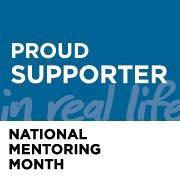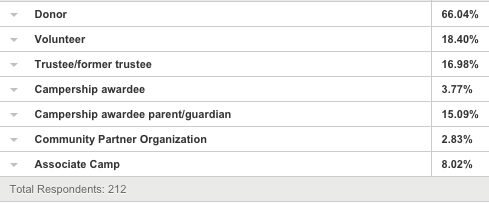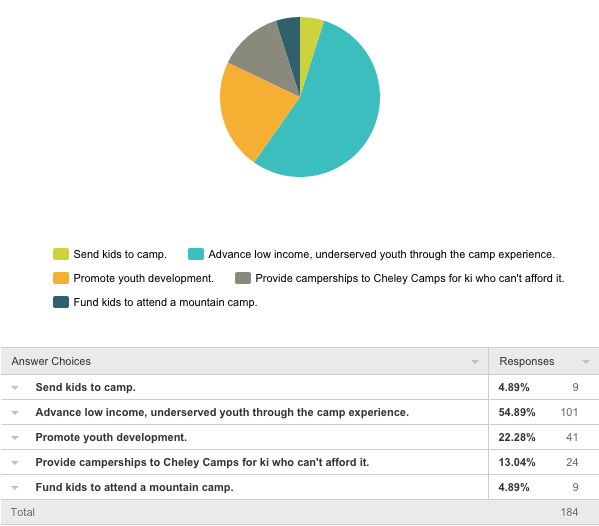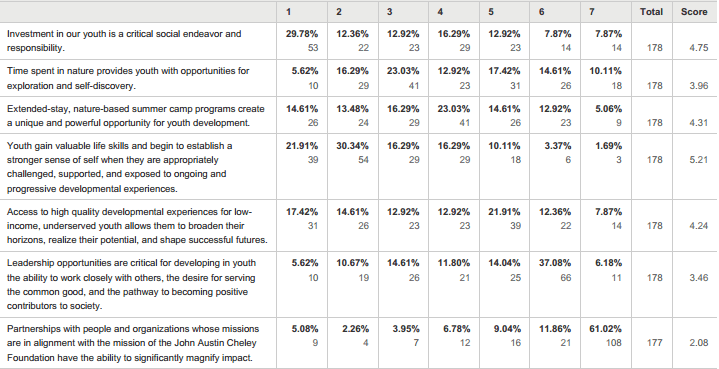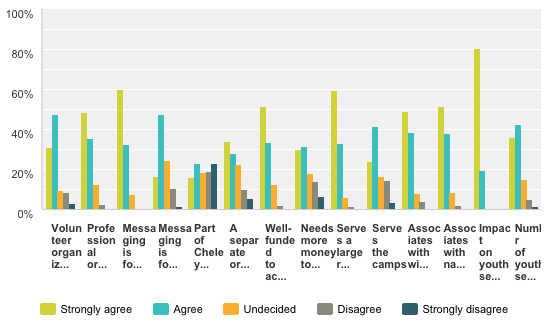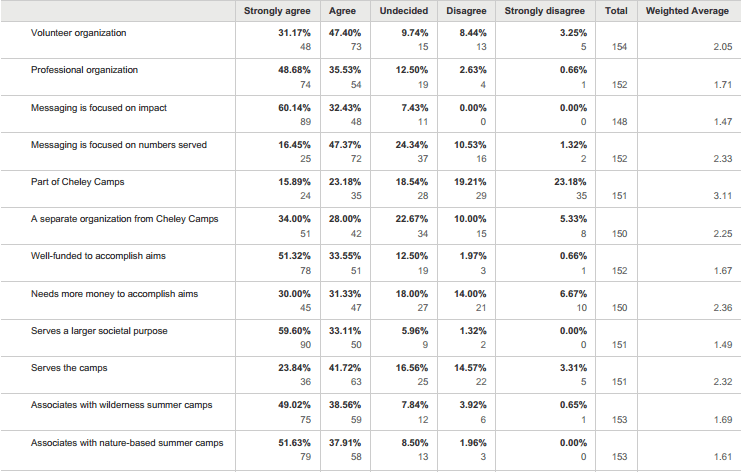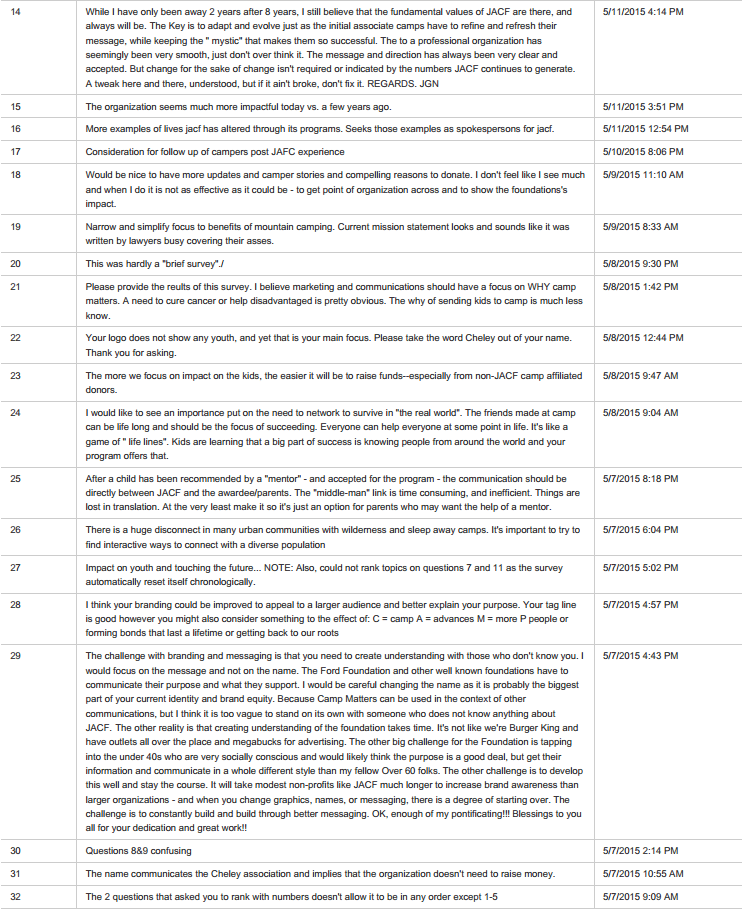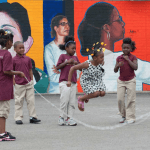Summer Camp has a significant role to play in managing the growth and development of the campers who enjoy the program and environment summer after summer. To understand quite HOW camp can positively impact this growth and development, it is important to understand some of the challenges that face our teenagers, irrespective of their personal backgrounds.
The Brain Science Perspective
Brain science, which has been greatly enhanced by our ability to look directly at the brain with the help of various imaging technology (PET scans and fMRIs), has increasingly been shaping the way we think about adolescent development. We know, for example, that the brain develops from the bottom up and from back to front. What this means is that our so-called ‘reptile brain’ which includes the amygdala — the brain circuit for processing fear — develops way ahead of the prefrontal cortex, the seat of reasoning and executive control. The result is that adolescents have a brain that is wired with an enhanced capacity for fear and anxiety but is relatively underdeveloped when it comes to calm reasoning (Ratey, 2001; Friedman, 2014).

It also means that the ‘top down’ control that our frontal cortex exerts over our impulses and fears is far less robust in teenagers than it is in adults. In fact, the orbital frontal cortex (OFC) — the part of the brain that sits directly behind the eyes and is responsible for such things as understanding the emotional consequences of our actions and for judgment — is the last part of the brain to develop fully. In women it tends to be fully developed by age 22 and in men by age 25 (Ratey, 2001).
Dr. Richard Friedman, author of ‘Why Teenagers Act Crazy’ (Friedman, 2014) suggests that the rise in anxiety and depression in adolescents is directly correlated to the fact that the frontal cortex in adolescents is not well developed and therefore doesn’t permit the kind of topdown control we expect to see in adults.
An Alternative Perspective
Some people have a different way of thinking, however. Robert Epstein, the author of the popular book ‘Teen 2.0’ is one of them. He suggests that: In more than 100 cultures around the world, teenage turmoil is absent. Such cultures don’t even have a word for adolescence. If the teenage brain were responsible for the turmoil of our teenagers, we would see it everywhere. We don’t.
This alternative perspective suggests that the turmoil of our teenagers is due entirely to the societal practices that infantilize young people and isolate them from responsible adults, trapping them in the frivolous, media-controlled world of ‘teen culture’. Anthropological research also demonstrates that when Western schooling and media enter cultures where teenagers are highly functional, they typically take on all the pathological characteristics of American teenagers within a decade. The problem is our society, not the brain (Epstein, 2014). Dr. Ellen Galinsky, who has studied children and teens for many years, suggests that the adolescent brain is also hard-wired for social interaction and for bonding with caregivers. Teens, she states, are hungry for significant relationships with adults who care about them. She interviewed more than a thousand children that led her to write her book, ‘Mind in the Making: The Seven Essential Life Skills Every Child Needs’ (2010). She found that teens long for more time with their parents, even when they seem to be pushing them away! This longing is a desire to be influenced by caring and interesting adults who consistently provide them with a sense of value, purpose, and hope.
What Camp Can Offer Teenagers
Summer Camp feeds that longing by creating an environment filled with adults who truly take an interest in the camper, support his curiosity, creativity, and his healthy choices. Summer Camp also brings into play several other factors that can have a profound impact on the level of anxiety, depression, and self-control adolescents exhibit. One such factor is the removal of technology. Parents often view the brief respite from technology and social media that camp offers to be an advantage to their children. It is common for teenagers to reference social media as both a blessing and a curse. They love the fact that they can be in touch with so many of their friends no matter where they are. But they admit that social media creates anxiety in many ways. Consider the fear of some picture or unpleasant remark showing up on their friends’ phones from an enemy out to embarrass them. Or the pressure to keep up with all the kids whose social media image seems so perfect and idyllic compared to theirs.
Then there are the benefits of a solid, positive camp program, especially if the program challenges teenagers to go outside their comfort zones, under an umbrella of support, guidance, and safety. Camp programming that challenges teens or offers ways to take true responsibility, such as in a counselor-in- training (CIT) or leader-in-training (LIT) program, are tremendous antidotes to what has been called ‘the frivolous, media-controlled world of teen culture’ (Epstein, 2014). And camp programs that give teens an opportunity to give back by performing a service for others can be equally as powerful.
Perhaps above all, the defining ingredient in a positive camp experience for teens is the culture at camp. Camps that cultivate respect and genuine support in the way the adults interact with their campers can be the most powerful element in a child’s camp experience. For example, when camps give permission for campers to show their vulnerable side and come to understand that vulnerability is not the same as weakness — and that without it there is no true growth or creativity — they are providing a life lesson that is truly priceless. When the counselors and other adults encourage kids to try new things they might never try at home in an environment of support and acceptance, then failure becomes an accepted part of learning rather than a source of shame.
A strong, positive camp culture is the true ‘medicine’ for the adolescent brain: meaningful, authentic connection with caring adults; an opportunity to take healthy risks and master new skills ; and the chance to develop one’s emerging sense of self.
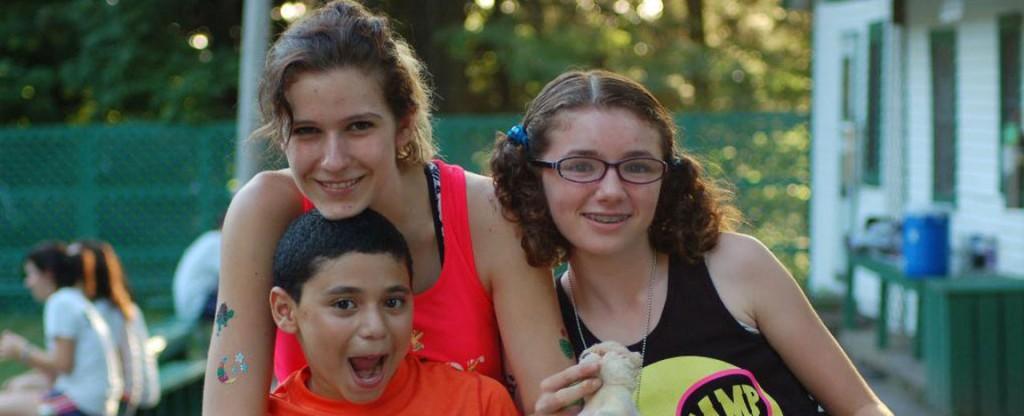
References
Epstein, R. (2010). Teen 2.0: Saving our children and families from the torment of adolescence. Fresno, CA: Quill Driver Books.
Epstein, R. (2014, July 6). [Letter to the editor]. The New York Times Sunday Review.
Friedman, R. (2014, June 9). Why teenagers act crazy. The New York Times Sunday Review.
Galinsky, E. (2010). Mind in the making: The seven essential life skills every child needs. New York, NY: Harper Collins.
Ratey, J.J. (2001). A user’s guide to the brain. New York, NY: Random House.
Bob Ditter (2012). Camping Magazine.


